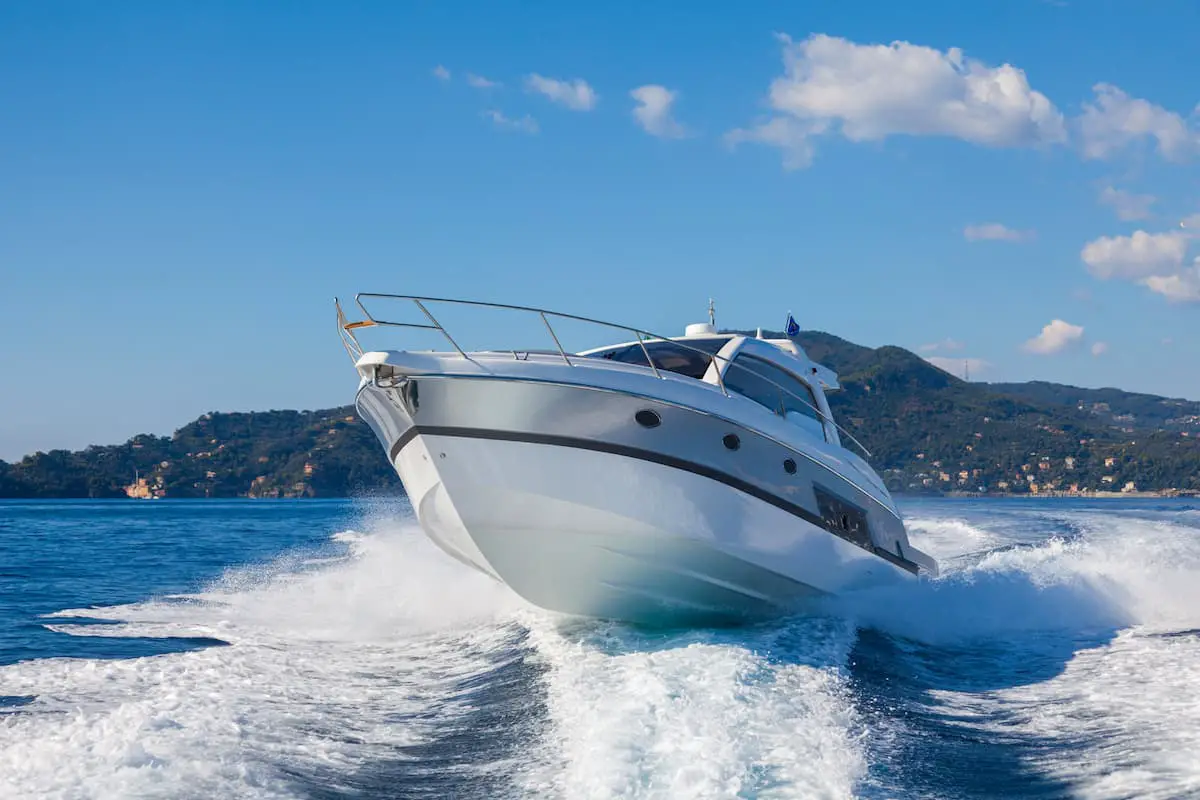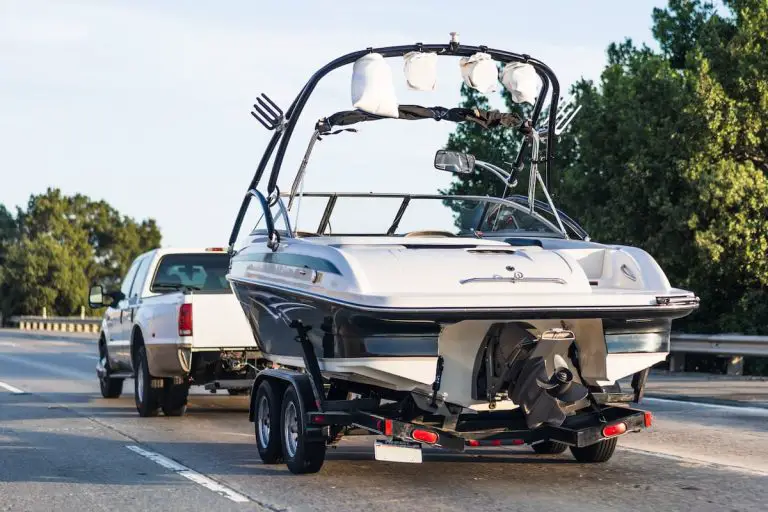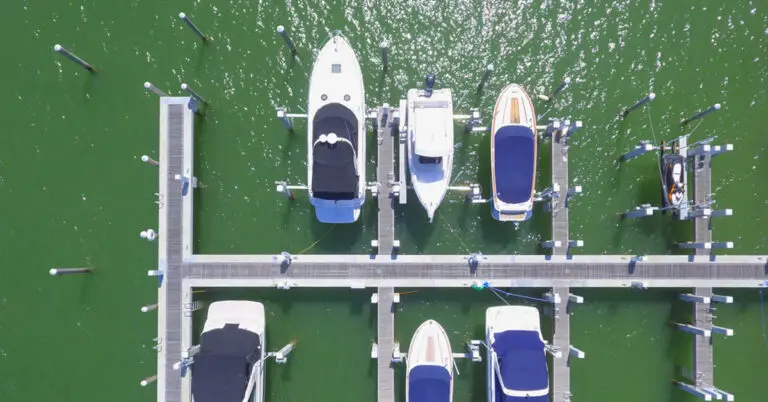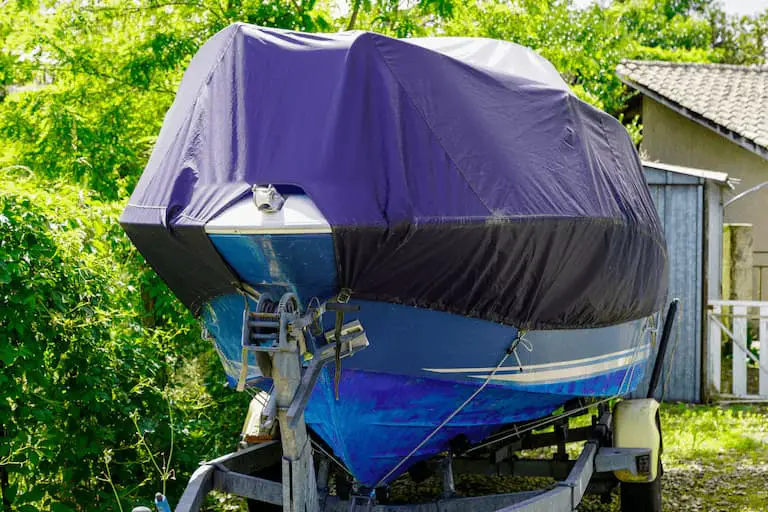8 Reasons Why Boats Are So Expensive To Maintain (Explained)
Buying a boat is a huge commitment that usually includes a hefty down payment. After scraping together the cash to buy your boat and fix it up, you may be surprised to find out how much it costs to maintain your vessel each year. On average, it can cost over $1,000 a year to maintain your boat, and that’s a conservative estimate.
Here are 8 reasons why boats are so expensive to maintain:
- Taxes, title, and registration fees
- Insurance
- Gas and oil changes
- Engine work and preventative maintenance
- Dockage or boat launching fees
- Cleaning
- New equipment & upgrades
- Repairing equipment
If you haven’t gotten a boat yet and are considering the overall cost, this article will give you some insight into additional expenses you should be budgeting for. Below, we’ll detail the average prices for each of the items on the list and the reason why your boat can’t go without the fee. Then, we will talk about a few money-saving tips for buying your boat.
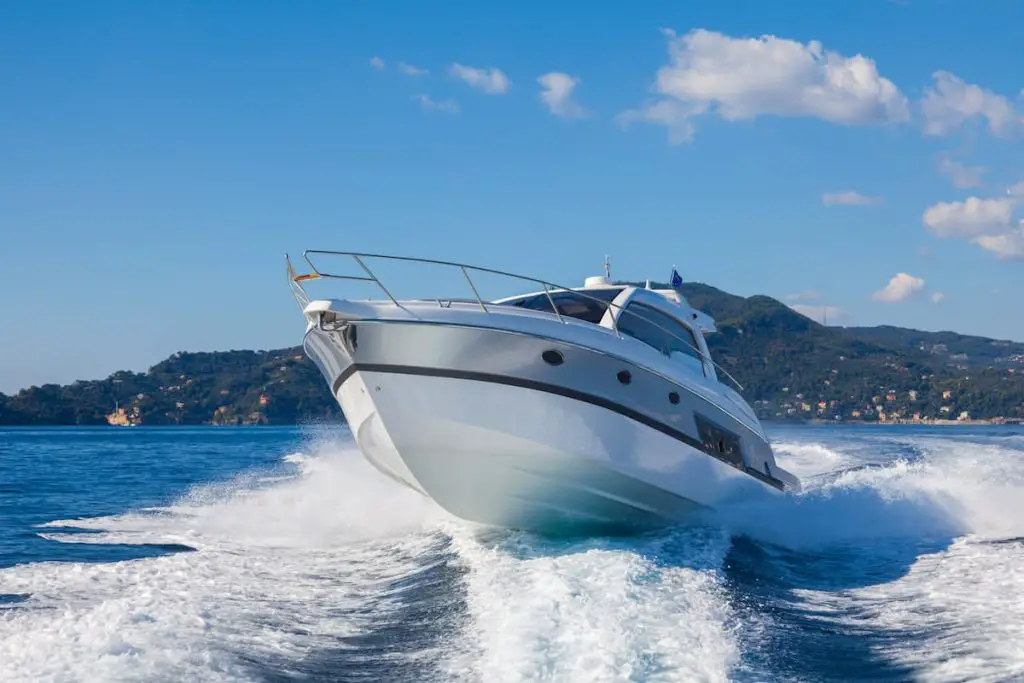
1. Taxes, Title, and Registration Fees For a Boat
Just like with your automobile, taxes, title, and registration fees aren’t a one-and-done type of thing. You’ll have to pay boat taxes every year, and your registration fees also have to be paid to the state. Though these won’t be as hefty a fee as your vehicle fees are, it’s still something to keep in mind.
Even if you have all of your paperwork together, going through the DMV processes can also take a full day of your time, which might mean taking a day off of work.
This fee will change depending on your state and might be even more complicated if you live in one state and boat in another. In Missouri, your boating fees shouldn’t be more than $40 or $50, but in Florida, your fees could be up to $200 for a big enough boat.
Don’t Forget Your Boating License
You’ll also need to get your boating license if you’re new to boating.
Taking a boating course can be as intensive or as relaxed as you’d like, as most states offer inexpensive classes, which are mostly about water traffic rules. However, many towns close to the water have their own, more intensive boat classes.
These classes are vital to safety and shouldn’t be overlooked, but you can choose how much studying you do on your own regardless of the class’s price. YouTube is a great resource for boating how-to’s, and while it’s not a replacement for a required class, it can help boaters become more comfortable in their vessel.
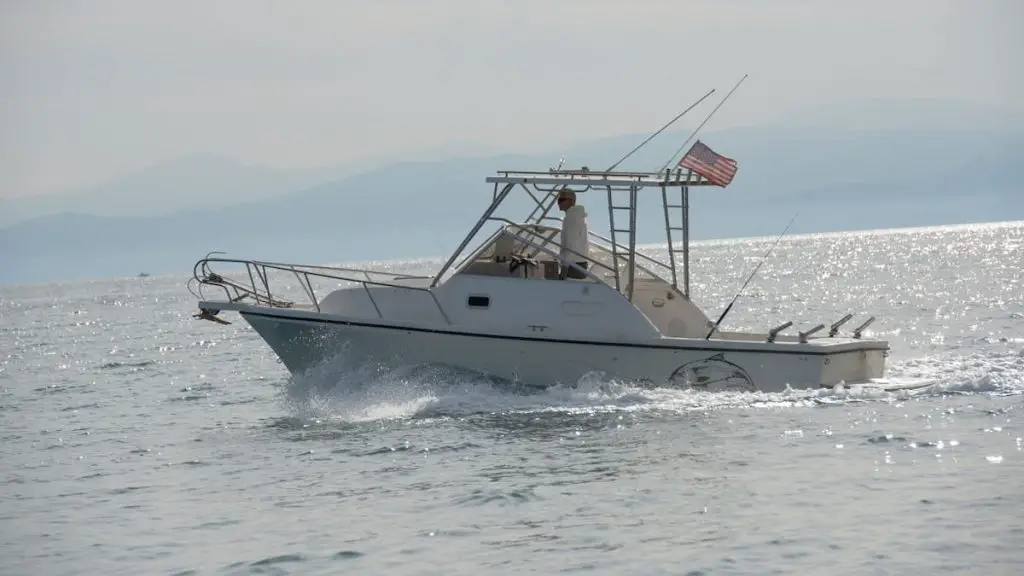
2. Cost of Boat Insurance
Just like your car and your house are insured, you will need to have your boat insured. Some boats are a combination of a house and a car, with living quarters in the bottom. You wouldn’t go without your home or car being insured, and you shouldn’t do so with your boat.
But what does your boat need to be insured against? Surely you shouldn’t worry about a collision, right? While it’s pretty unlikely you’ll be getting into any fender benders in your boat, boating insurance covers several other things.
Boat insurance can include liability insurance for the following:
- Accidents, including you hitting a dock or another person.
- Wreckage removal.
- Damage to your boat and equipment.
- Theft.
If you live or boat in Arkansas or Utah, you’ll be required to have boating insurance. Only these two states mandate the need for a boaters insurance policy, while others make it optional. Even if it’s optional in your state, it’s a fee you should seriously consider to protect your investment.
However, keep in mind that this will likely be a monthly fee you’re incurring.
You can shop around for different insurance options if you’ve decided boating insurance is for you. Though it can be expensive, it’ll at least give you peace of mind. Some places will bundle discounts to save money if you also insure your car or home through the same company.
You could also only keep the policy open for the times you’re using your boat on the water, but in this instance, your boat wouldn’t be insured during the off-season. If theft, damage, or other incidents occurred during the off-season, it wouldn’t be covered under any policies.
3. The Cost of Gas and Oil Changes For Boats
Gas prices are constantly ebbing and flowing, so it can be hard to think about the long-term cost of gas and oil changes.
Your boat may be in the water most of the time or it might be stored on land and towed to the water by your truck. Regardless, taking it to the gas station for a fill-up is not an easy feat. There are no gas stations in the middle of the ocean, and fill-up stations are few and far between, even on the most populated lakes.
You’ll likely need to fill your tank up before going out on the water every single time, and you should always have some extra fuel in case of emergencies.
Your boat literally cannot function without gas and proper oil maintenance, just like your car, but you can’t put just any fuel into your boat. If you opt for the cheaper options, you could end up damaging your vessel’s engine, which would cost you even more in repair.
Knowing that you will have to fuel up properly every single time you go out on your boat might sway how often you even use the thing. There’s no way to avoid this cost.
Even a sailboat has an engine that requires fuel and regular oil changes.
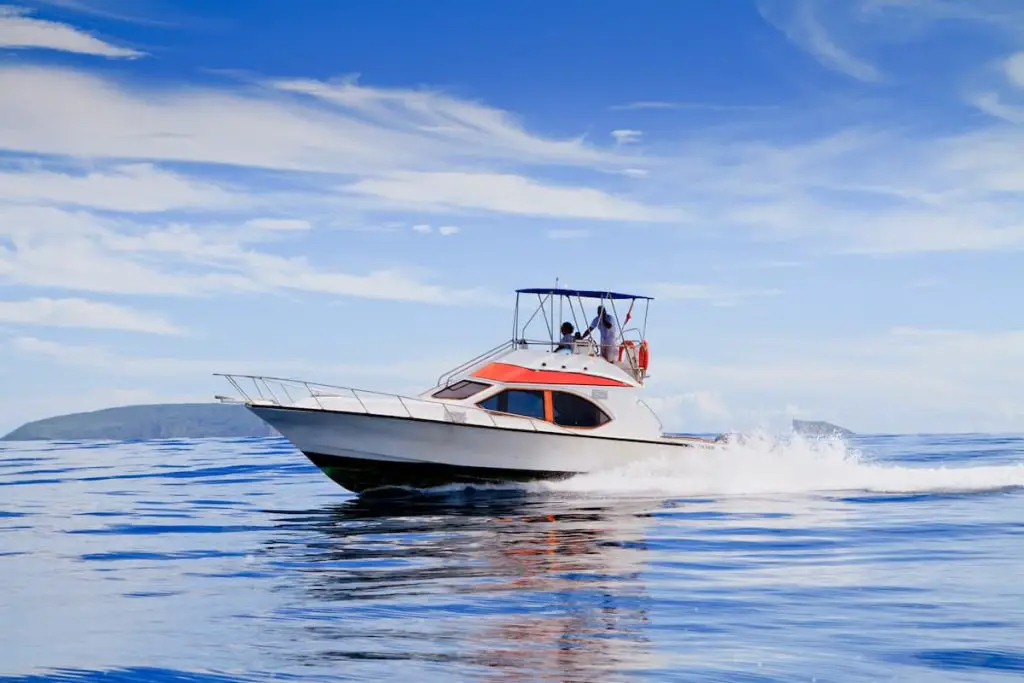
4. Boat Engine Work and Preventative Maintenance Costs
Your boat is similar to your car and possibly similar to your house. Both of these things need preventative maintenance periodically.
For example, you must change the filters in your furnace every six months, or your whole furnace could break. Preventive maintenance is also a requirement, not an option, for your boat. If you go without brake fluid in your car, you’re getting your vehicle, and yourself, into a dangerous situation.
This is especially true if you are a landlocked boater. Having your boat docked for the many months of winter can damage it if you’re not careful.
Winterization is important, as you don’t want to get to your boat at the start of boating season and find that the frigid cold has damaged everything. Additionally, if you’ve got a bigger boat, plumbing and electricity could be damaged by the cold.
Preventive maintenance is often overlooked because of the price tag. However, neglecting this on your boat will cost you more in the long run.
Things need to be oiled, replaced, or cleaned every so often, and not doing so because it costs too much will result in a broken item that needs to be replaced. Even worse, one thing breaking often means putting pressure on another part of your vessel, which can wear it out and damage it.
5. Dockage or Boat Launching Fees
If you’re able to have your boat in your garage or driveway and tow it to the lake whenever you want to go boating, that is superb! Some people, however, need to dock their boats year-round.
Docking a boat has its benefits. You don’t need to worry about driving your boat down the highway or about getting it down to the water whenever you arrive. Your boat is usually docked in the same water you plan on boating in, and you can launch right from there.
If you want to take your boat elsewhere, you have the option. This is especially helpful if you live in an apartment or condo.
However, it comes with a price. Most places ask for a hefty boat docking fee, and the better the spot you want to dock your boat in, the pricier it is. You can expect the docking fee for a sailboat to be over $800 per year, and often that’s the low end of the price range.
Regardless of where your boat is while you’re not in it, you’ll also have to account for boat launching fees in some bodies of water. At the Lake of the Ozarks in Missouri, you have to pay $5 to launch your boat but pay an annual launching fee of about $60. Going without this fee means putting yourself at risk for a ticket.
6. Ongoing Cost of Cleaning Your Boat
What’s the point of having an expensive boat if it’s dirty?
Most boat owners take pride in their vessel and want it to shine when they ride through the water, but this comes at a cost. You can’t precisely clean your boat with lake water and dawn dish soap. You’ll need environmentally friendly products and special tools to get to the aesthetic and functional parts of your boat.
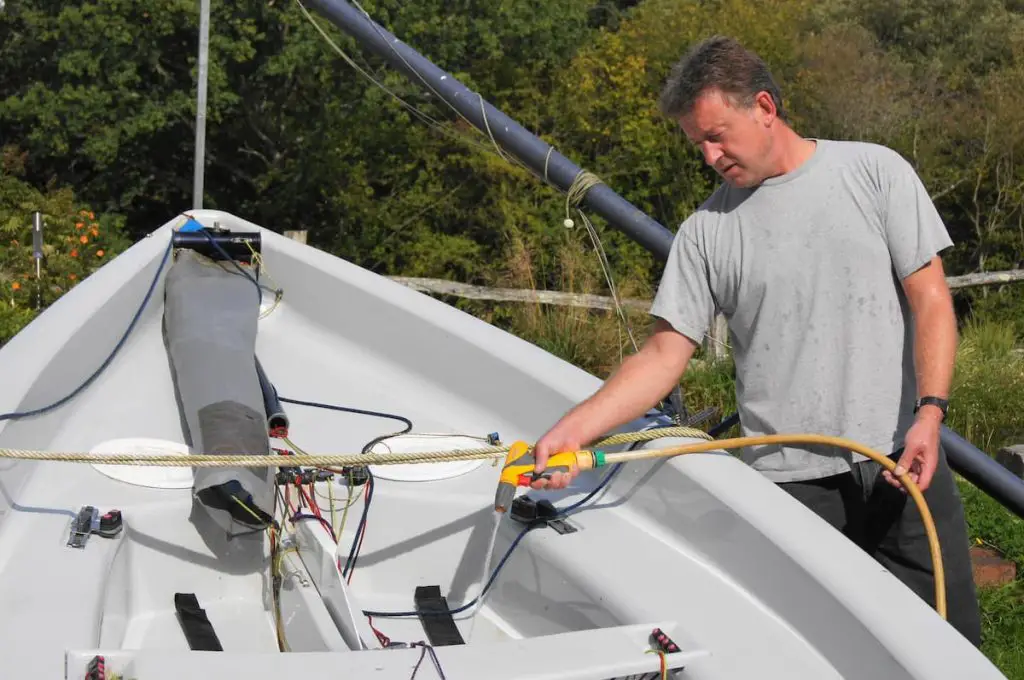
If your boat is part home, you’ll also need to think about cleaning the inside as you would your house.
You’ll need to vacuum, scrub, and dust in the cabin just like you would in your home. The inside of your boat is going to be exposed to lots of water and moisture, more than your home would in any circumstance. For this reason, you need to keep on cleaning so that no mold or mildew grows.
Additionally, most people get their boat waxed every season, once or more. This helps the boat shine and protect the paint from bird droppings, which are very common on the sea, and other things like growing moss and mold.
7. New Boating Equipment & Upgrade Expenses
Every boat owner wants to upgrade things at one point or another. Your boat might not require fancy new equipment or upgrades, but it’s natural for boaters to want them.
Especially if you bought a used boat, you might find that your boat would ride easier if it had a new motor, a new chair, or even speakers. Without knowing all of the other expenses that come with your boat, you might feel inclined to buy these things before boating season.
Boating also requires special equipment beyond what the vessel has on it. You need proper attire, safety gear, and a ramp if you are docking from places without one. You can’t ride your boat without any of these things, so you need to consider the cost before purchasing your boat.
8. Cost of Repairing Boating Equipment
And finally, the bane of every boat owner’s existence…repairs.
We just can’t control some things, even with the proper amount of preventative maintenance and attention to detail. Parts, big or little, can end up costing a lot of money to fix if they break.
You might remember that everything needs a repair now and then, even if they’re not broken. Motors only have so much life in them, and other parts of the boat aren’t meant to last forever. You should count on needing to repair or replace at least one thing on your boat every season.
How Can I Save Money On Boat Expenses?
If it’s been your dream to own a boat, or you own one currently and are struggling with the costs of maintaining it, there’s hope. You might have to forgo the fanciest new speaker or the boating hat you wanted when you first realized your dream, but you can still maintain your boat without breaking the bank.
You can save money on boat expenses by looking at used parts, finding the right mechanic, and bundling your insurance. Additionally, buying your gas at the place with the lowest prices on your way to the dock can make a huge difference.
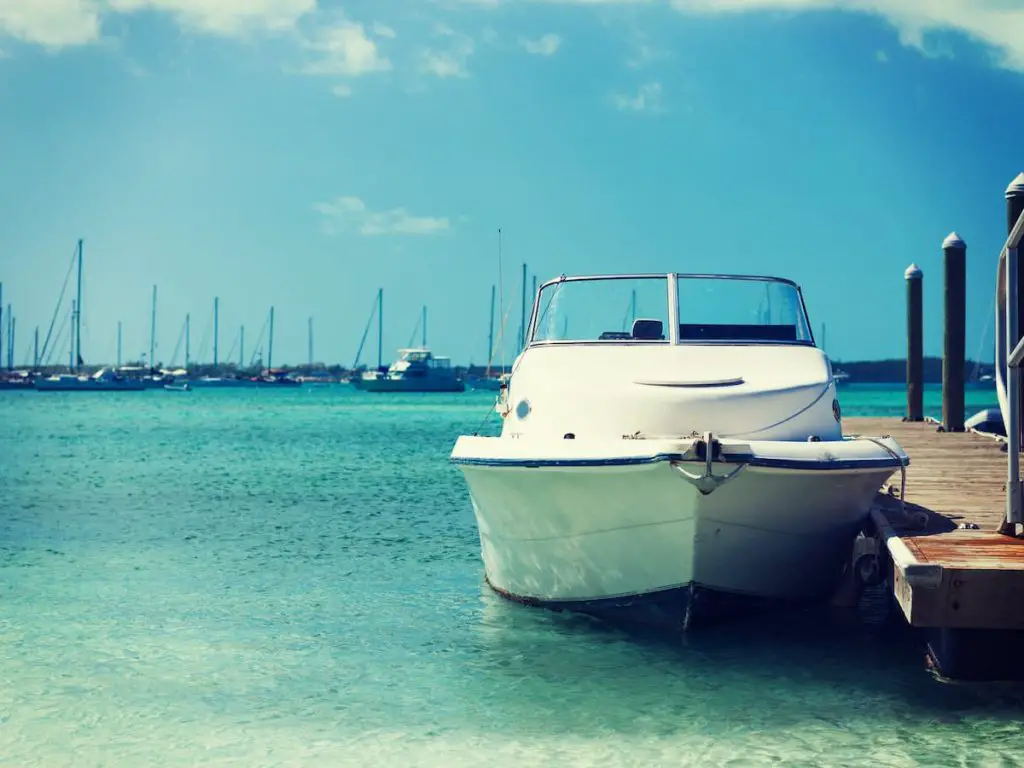
Some other strategies you can use for saving money are:
- Search FB marketplace and other auction sites for the equipment you need.
- Bundle your insurance to make the rates lower.
- Put savings away for boat repairs each month.
- Find used equipment before investing in new equipment.
- Make friends with your boating community.
When you buy your boat, you should also consider the maintenance expenses of the vessel.
If you’re crunching numbers and find that these fees greatly exceed your budget, it doesn’t mean you have to give up on your boating dreams. Instead, you can invest in a smaller boat until you are ready for the higher costs.
Conclusions
Boats are expensive to purchase and expensive to maintain. Many boat owners just look at the price tag on their new vessel and don’t consider the many things that come with owning a boat, such as insurance, registration fees, and a license.
You also need to take care of the boat the same way you would a car, with quality gas and preventative maintenance.
There are ways to save money on these things for your boat, but it’s hard to go without them entirely.

